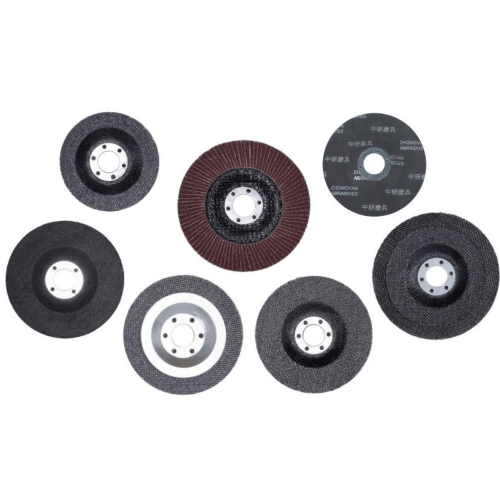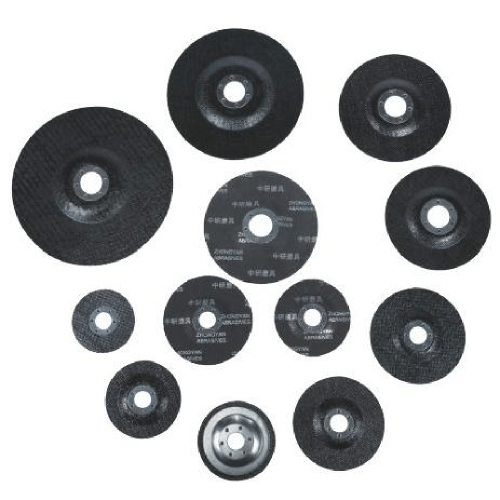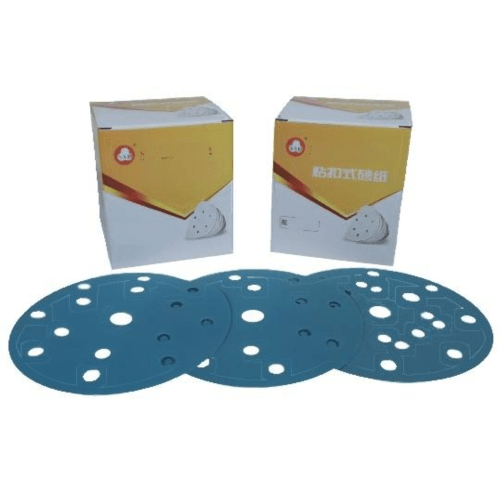wheel corrosion life
Wheel corrosion life refers to the duration a wheel can maintain its structural integrity and performance while resisting deterioration caused by environmental factors. This critical aspect of wheel maintenance encompasses various protective measures and treatments designed to extend the serviceable lifespan of wheels in diverse applications. The process involves advanced coating technologies, material engineering, and protective treatments that create a barrier against moisture, salt, chemicals, and other corrosive elements. Modern wheel corrosion protection systems typically include multi-layer protective coatings, utilizing primers, base coats, and clear coats that work together to provide comprehensive protection. These systems often incorporate sacrificial coating layers that corrode preferentially to protect the underlying wheel structure. The technology has evolved to include nano-coating solutions that offer superior protection while maintaining the wheel's aesthetic appeal. Understanding wheel corrosion life is essential for vehicle manufacturers, fleet operators, and individual vehicle owners, as it directly impacts maintenance costs, safety, and vehicle resale value. The assessment of wheel corrosion life involves standardized testing procedures, including salt spray tests, cyclic corrosion testing, and long-term exposure trials, ensuring that protective measures meet industry standards and customer expectations.


